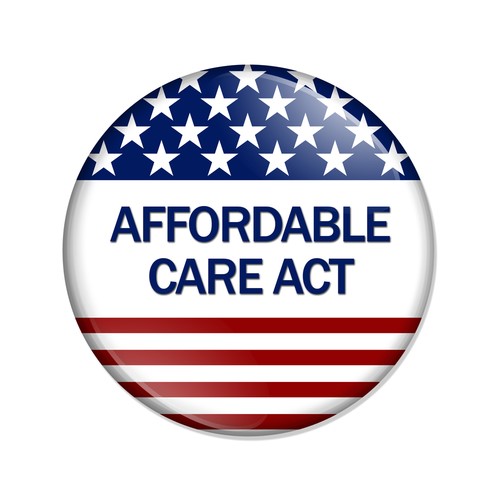June 25, 2015
Private: King v. Burwell Ruling Sends Strong Signal to ACA Challengers
Affordable Care Act, Eric J. Segall, Statutory interpretation

by Eric J. Segall, Kathy and Lawrence Ashe Professor of Law, Georgia State University College of Law
In a debate with Professor Jonathan Adler, one of the architects of the plaintiffs’ litigation strategy in King v. Burwell, in the Pennsylvania Law Review, I began as follows: “Many issues, both constitutional and statutory, that reach the United States Supreme Court raise difficult and complex interpretive and normative questions. . . . The King case, however, is different.”
It was different, I argued, because Congress explained exactly what would happen if states refused to create their own health insurance exchanges (which 36 states refused to do). In that circumstance, under Section 1321 of the Act, the federal government was required to establish “such exchange,” as the ones established by the states. As the Court today said: “By using the phrase ‘such Exchange,’ [Section 1321] instructs the Secretary to establish and operate the same Exchange that the State was directed to establish.” That kind of exchange quite obviously was authorized by the law to offer federal subsidies, and that is exactly what today’s opinion held.
If there were any doubts at all about the strength of the legal arguments made by the government and its supporters, Justice Roberts put them to rest by not relying on the Chevron rule of deference that says all reasonable agency interpretations of ambiguous statutory language should be upheld, but rather by siding with the government as a pure matter of law. Deference was not required, according to the Chief, because this was one of those “extraordinary cases” where Congress is unlikely to have intended that courts defer to agency decisions. This part of the opinion may well prove problematic in the future when courts evaluate agency decisions but today demonstrates that at least six justices of the United States Supreme Court were willing to say that Congress rather clearly and obviously expected federal subsidies to be available on federal as well as state exchanges.
In addition to the pure legal analysis, the majority opinion also said that “Congress passed the Affordable Care Act to improve health insurance markets, not to destroy them. If at all possible, we must interpret the Act in a way that is consistent with the former, and avoids the latter.”
This language, while unnecessary to the holding in the case, may be a strong signal from the justices that it will not undo through legal means the Affordable Care Act. There are, after all, a number of challenges to the ACA still pending in the lower courts, including a baseless Origination Clause challenge to the entire law. Maybe, hopefully, the justices are indicating that the fate of the ACA rests in the political arena, not in partisan challenges dressed up as legal cases. At the end of the day, that may be the best news of all.




